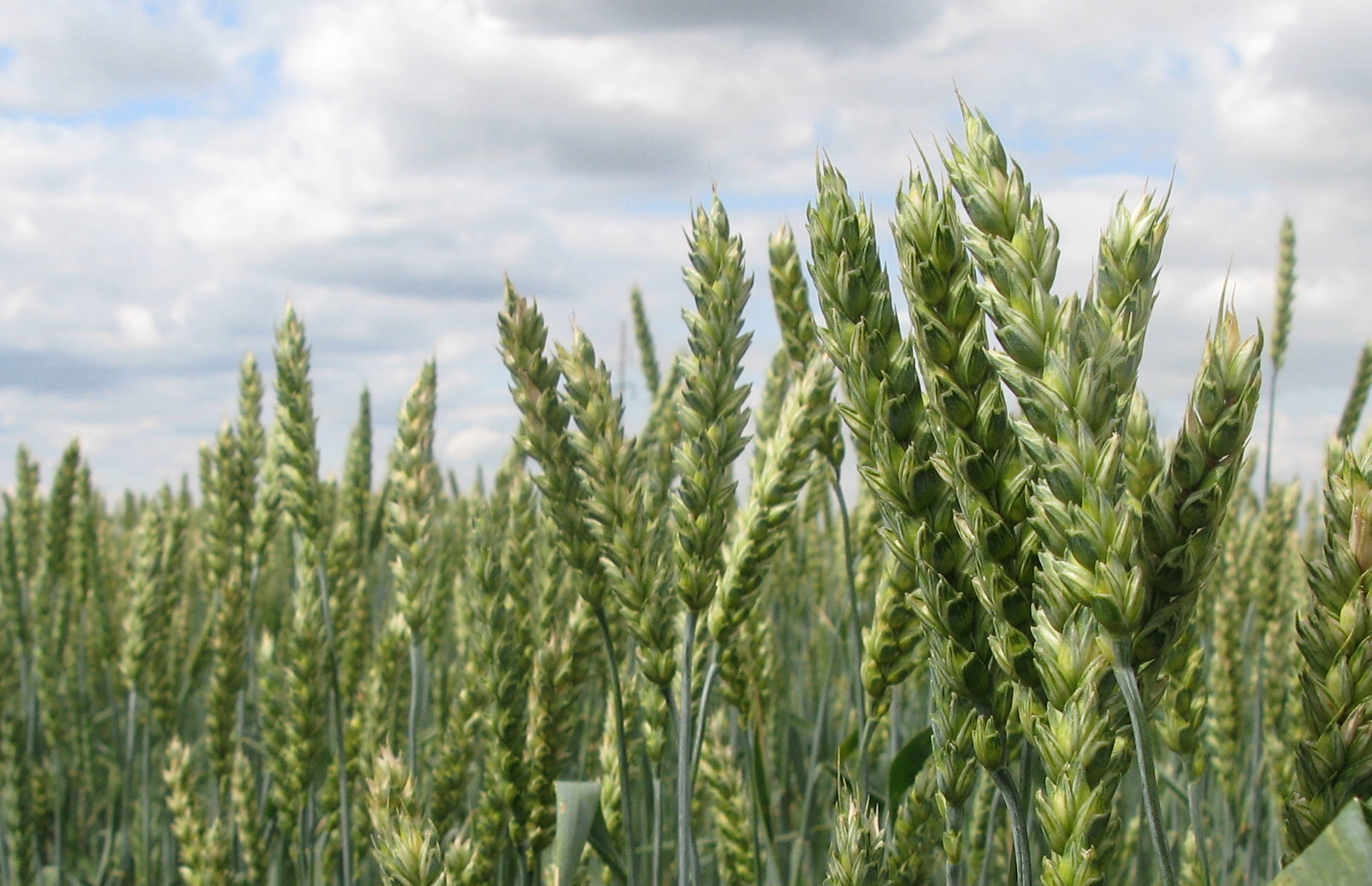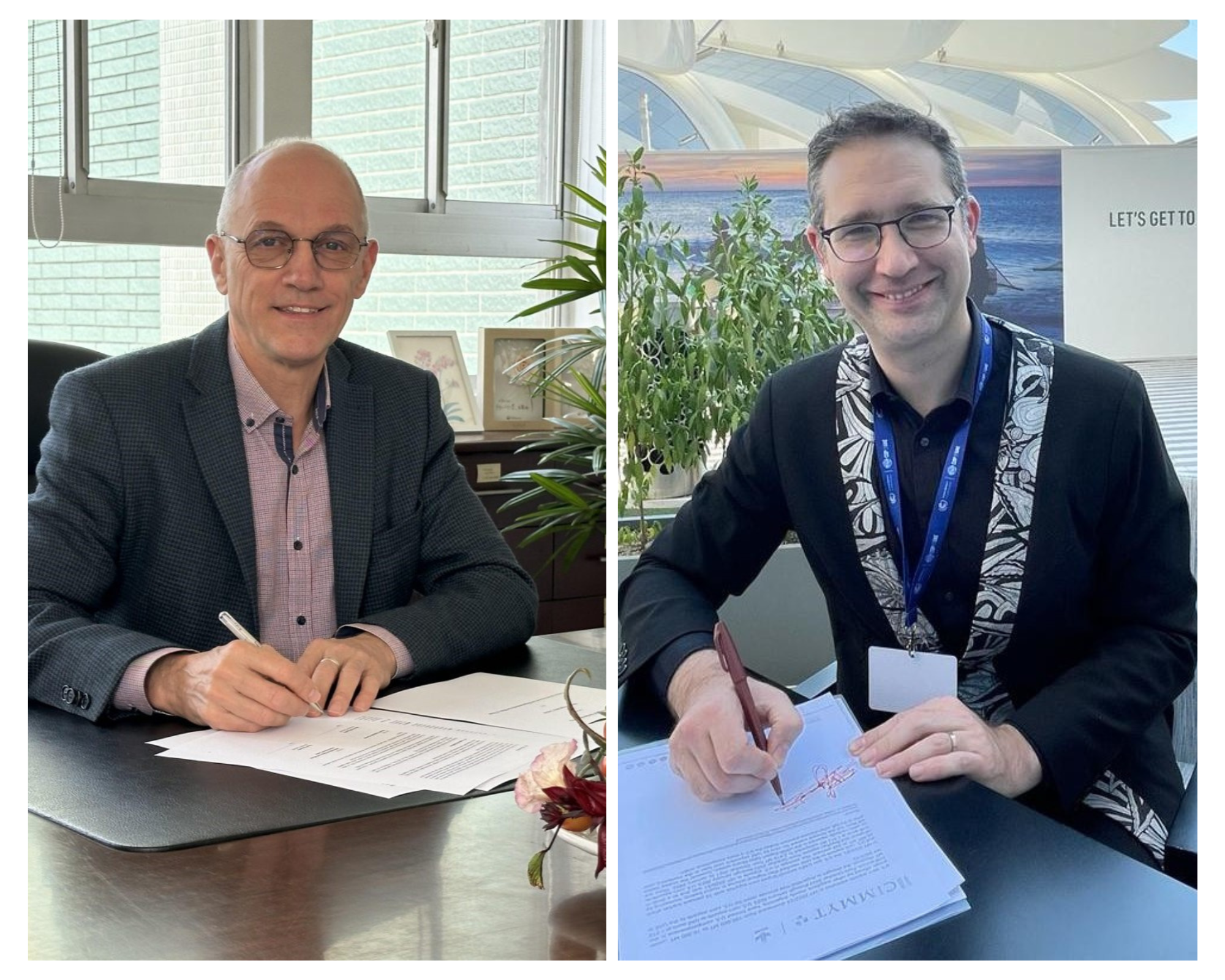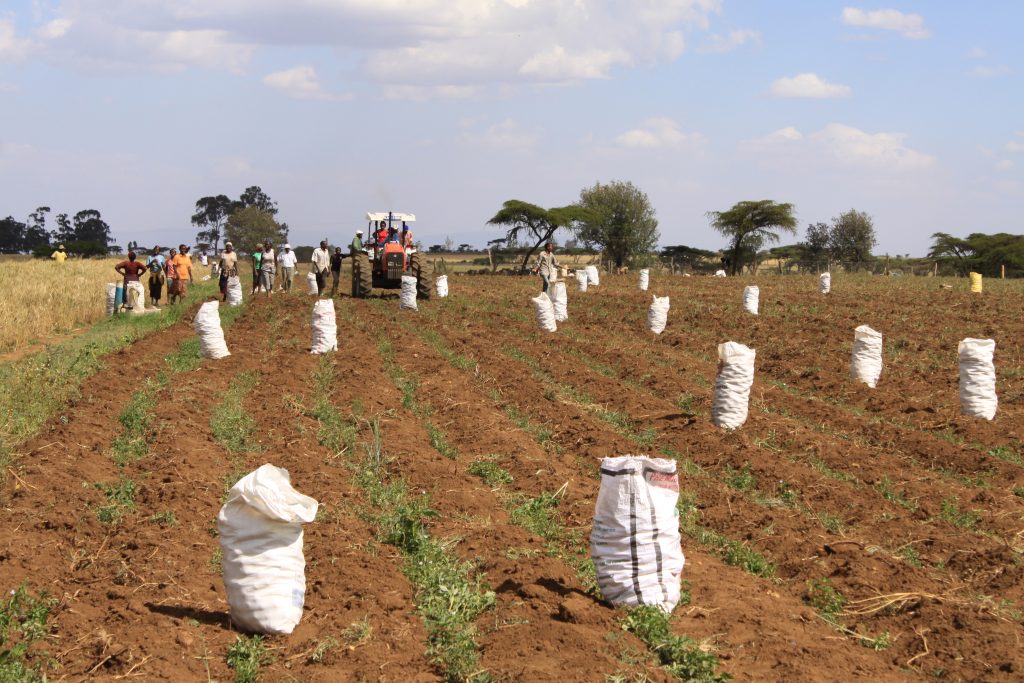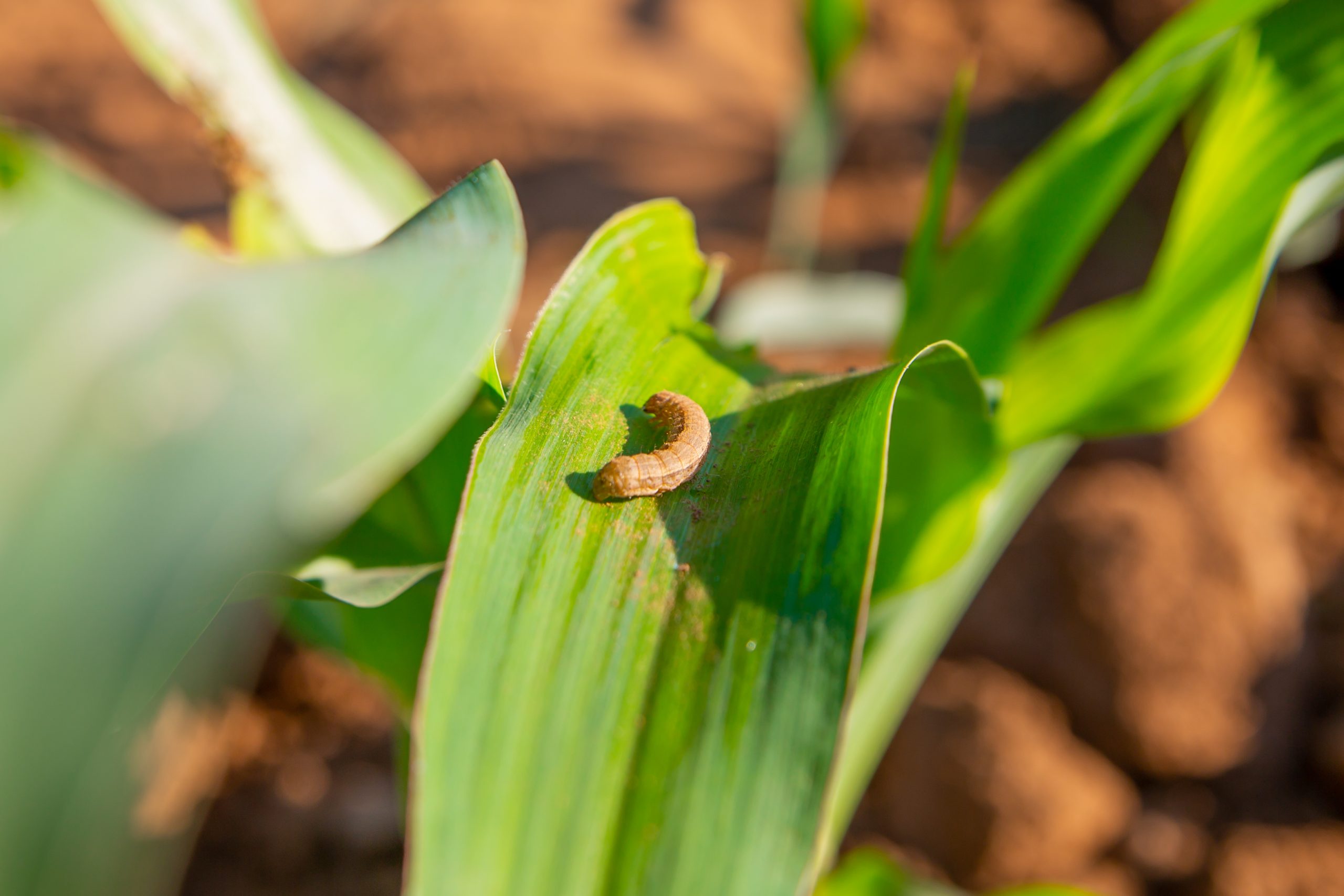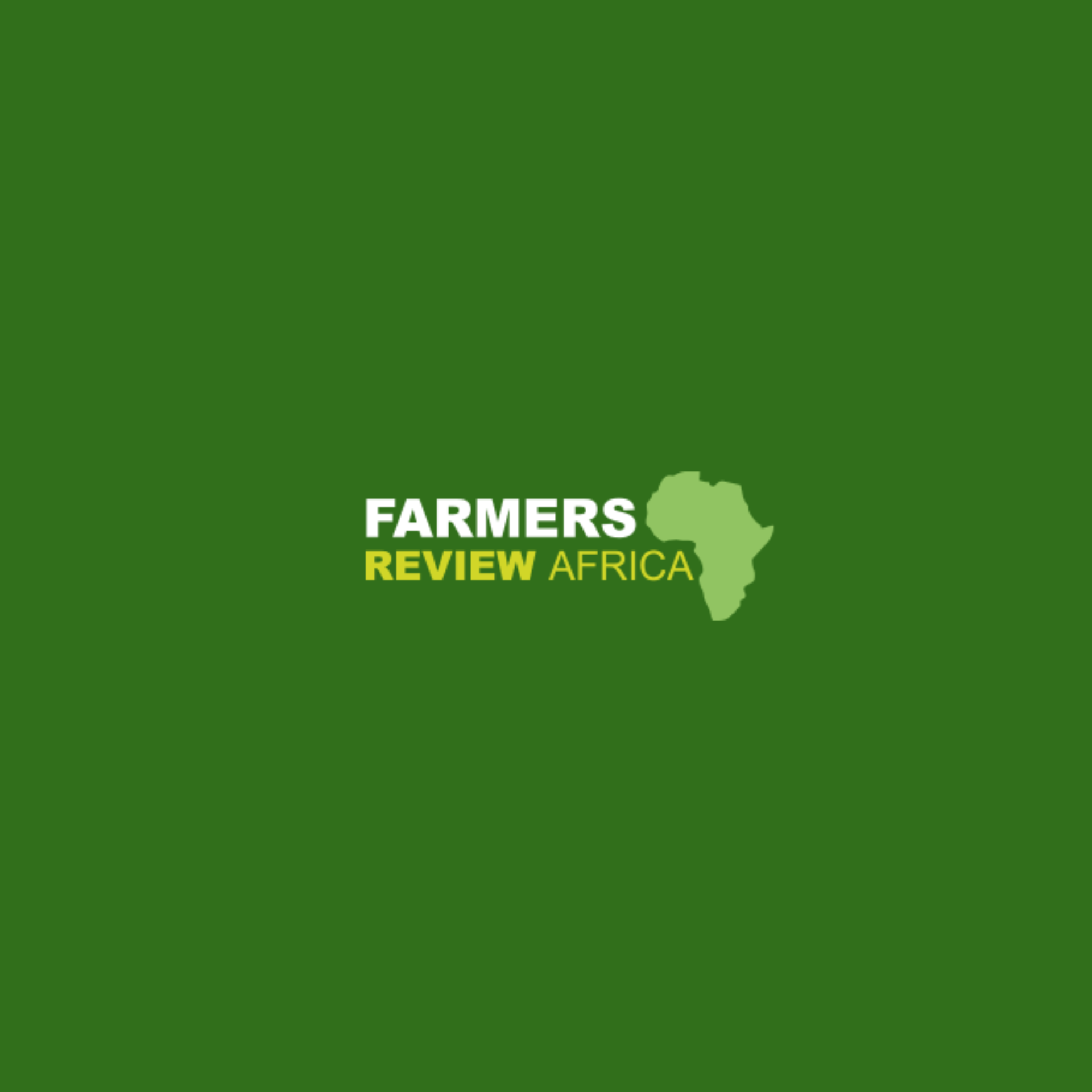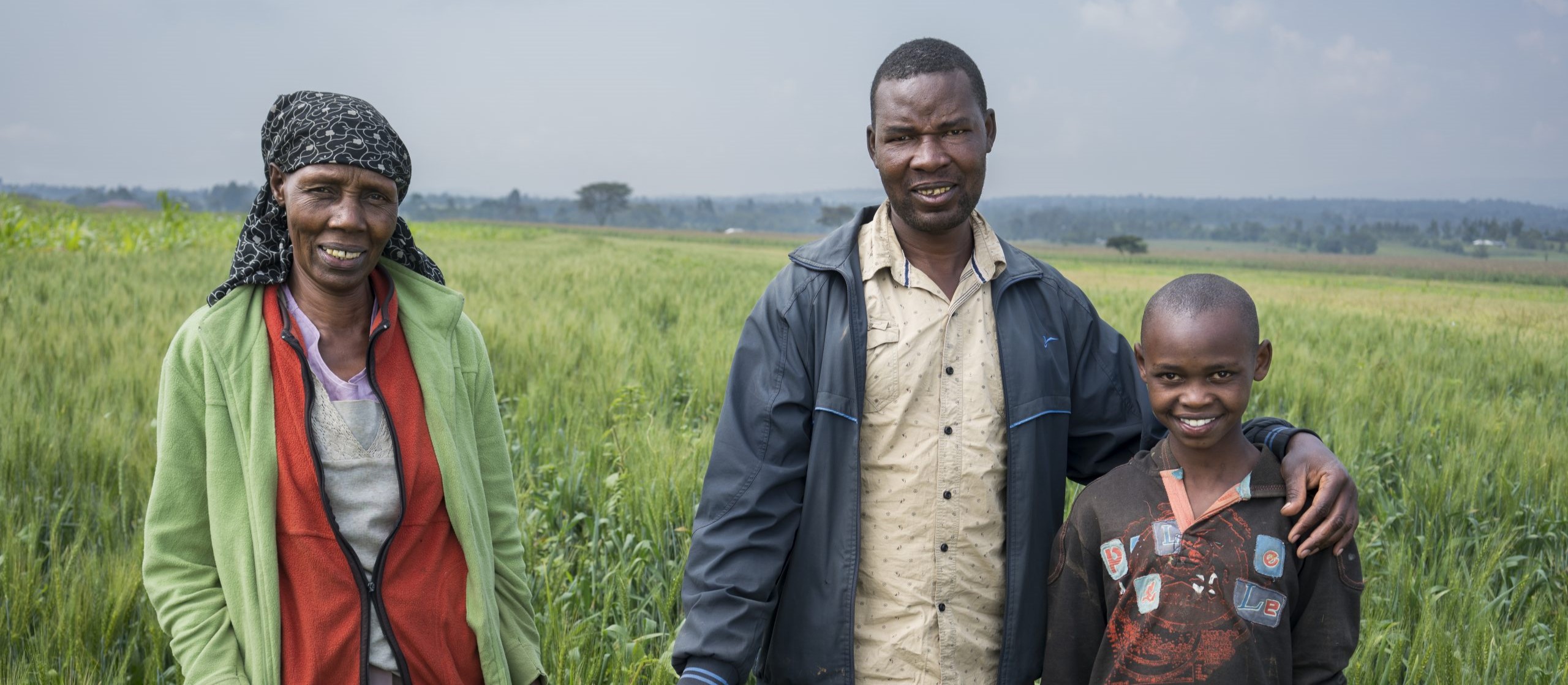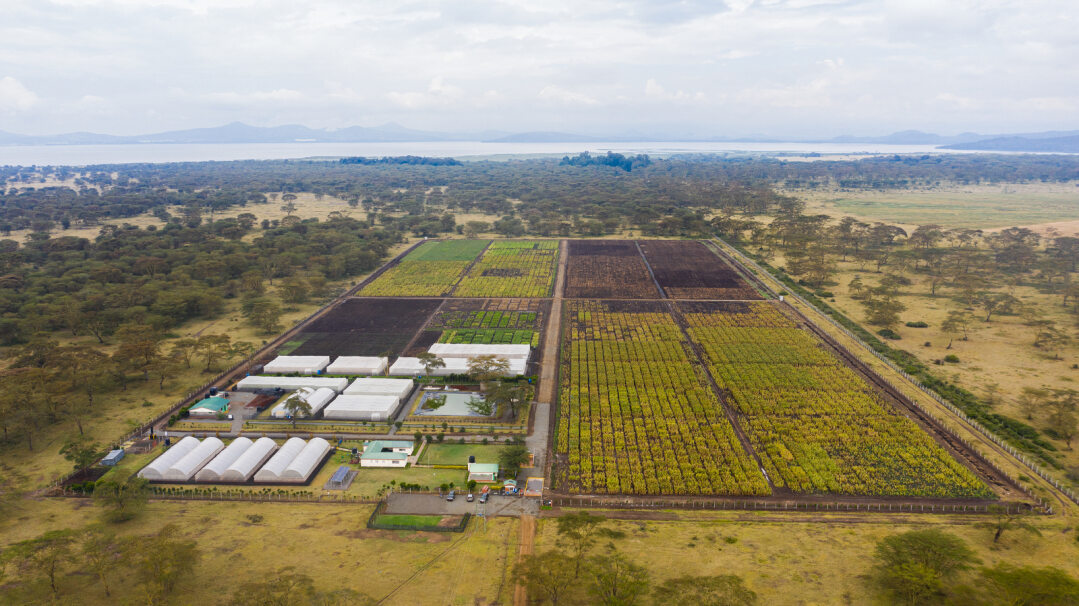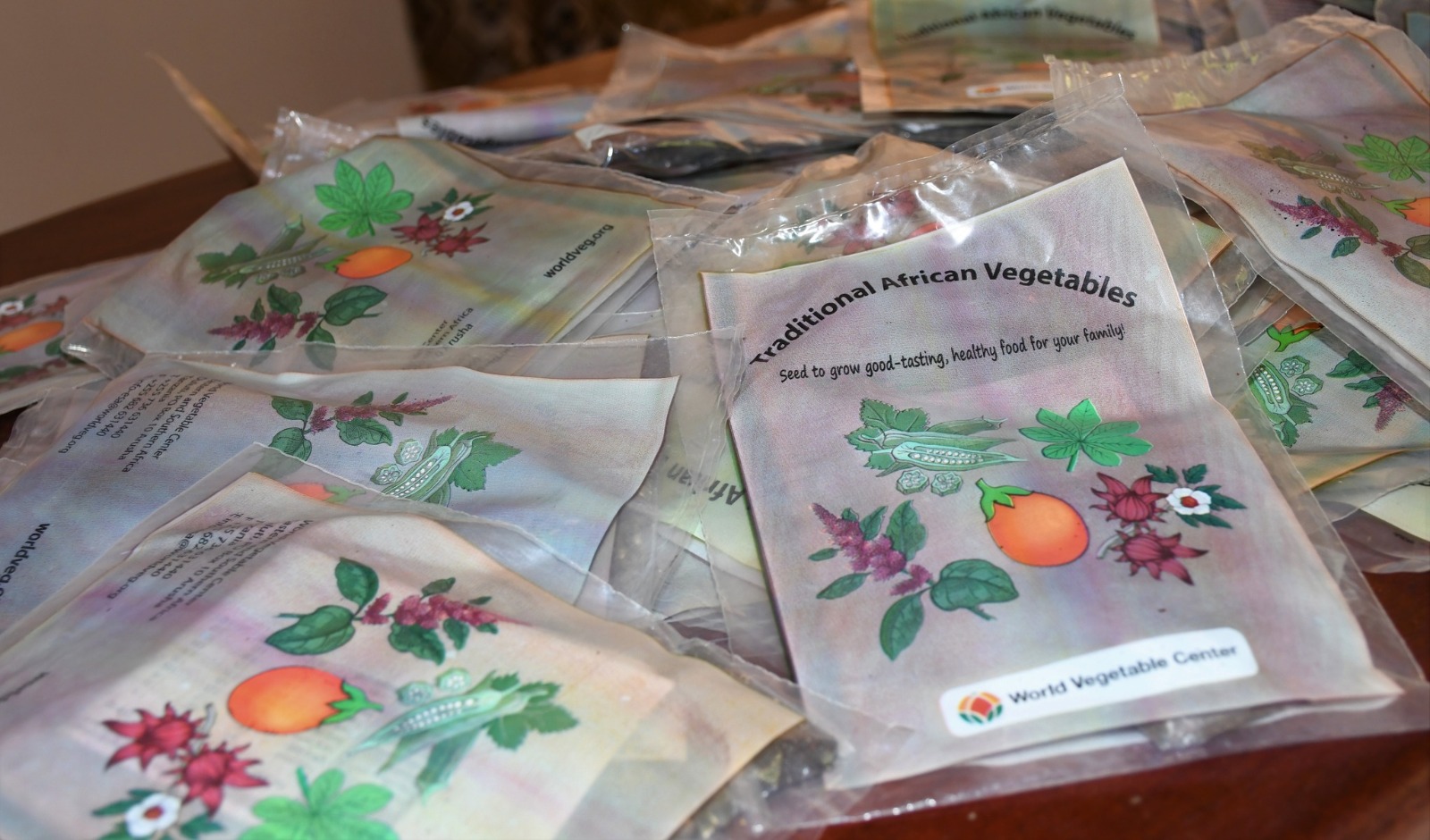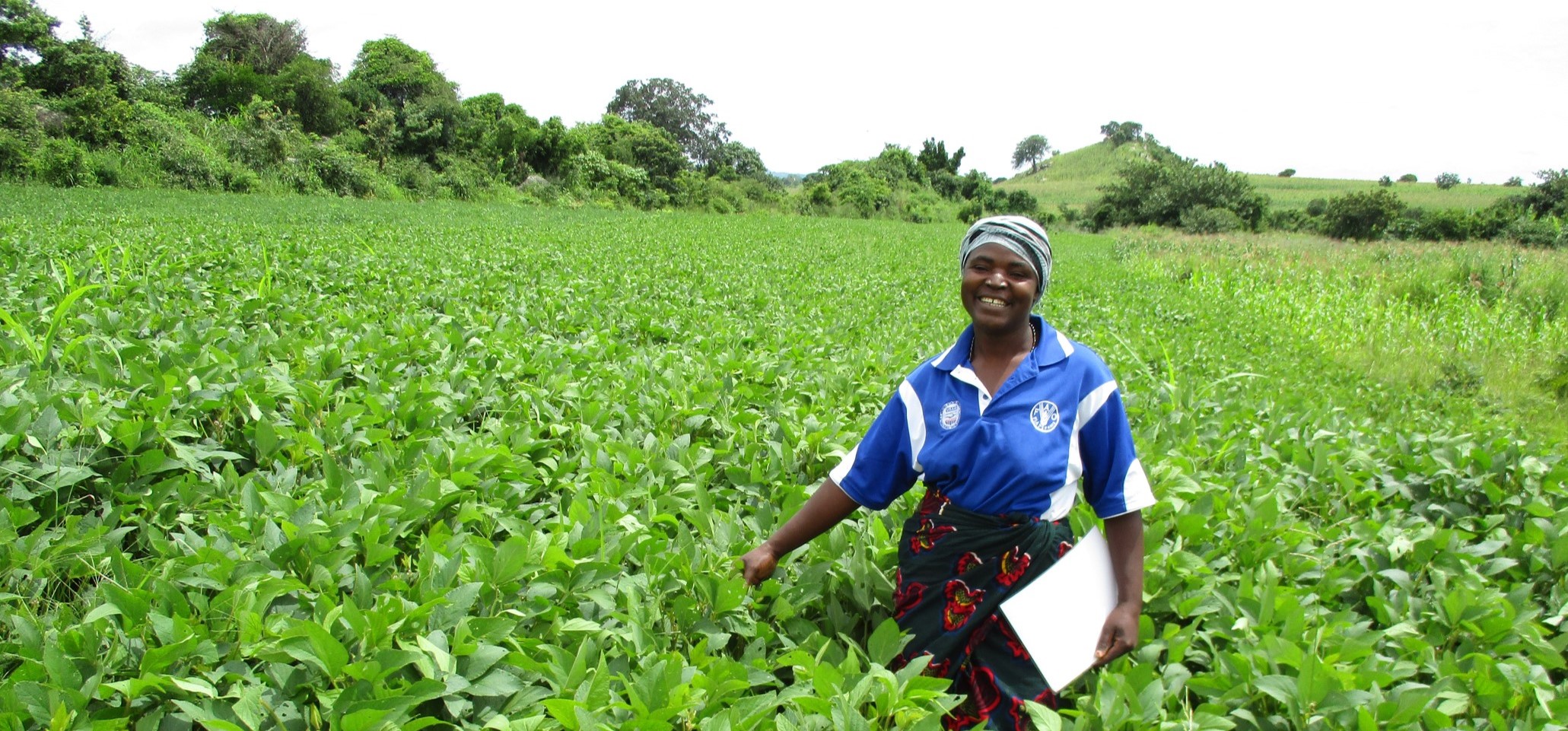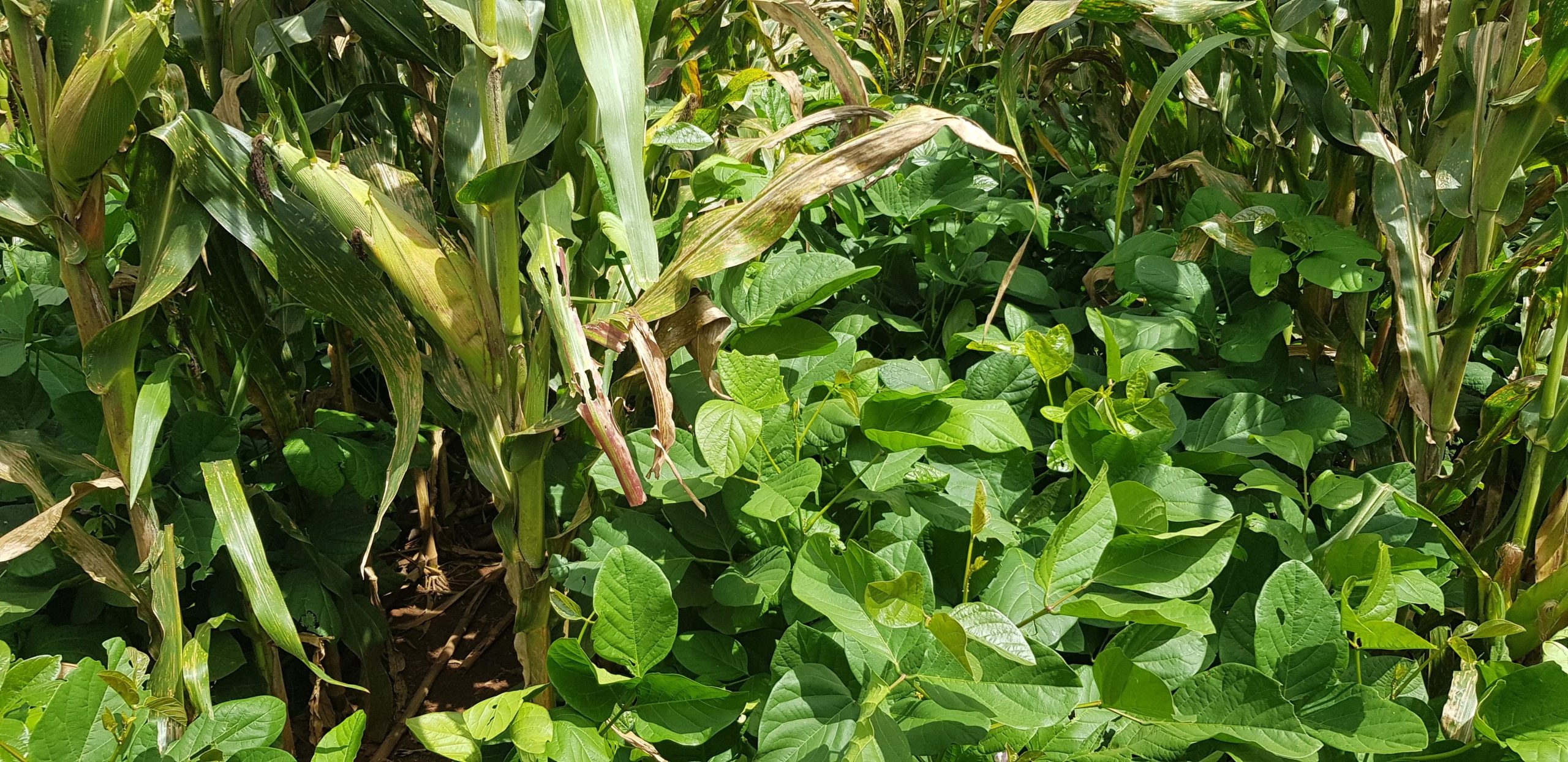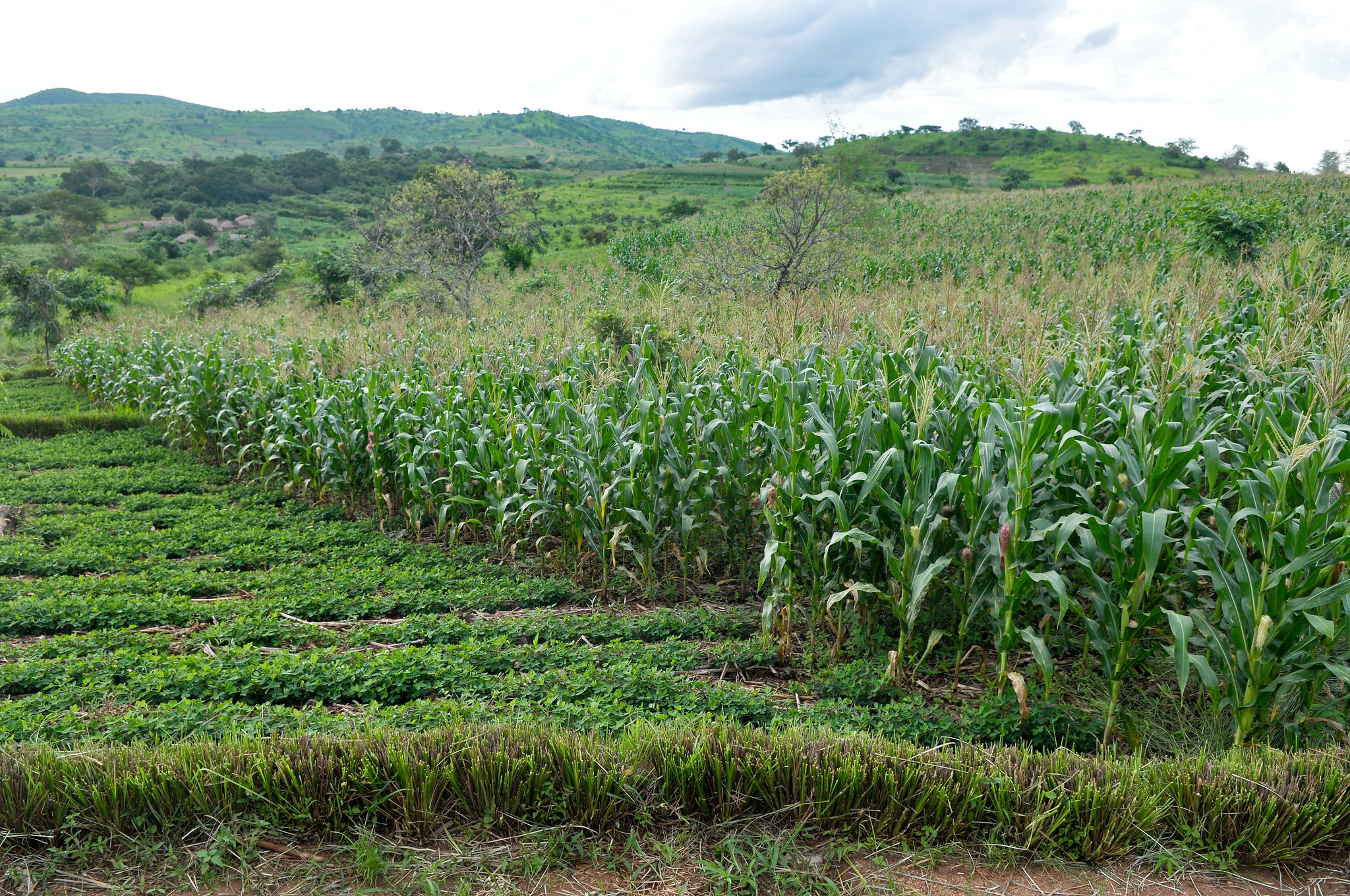Africa
CIMMYT’s work in Africa helps farmers access new maize and wheat systems-based technologies, information and markets, raising incomes and enhancing crop resilience to drought and climate change. CIMMYT sets priorities in consultation with ministries of agriculture, seed companies, farming communities and other stakeholders in the maize and wheat value chains. Our activities in Africa are wide ranging and include: breeding maize for drought tolerance and low-fertility soils, and for resistance to insect pests, foliar diseases and parasitic weeds; sustainably intensifying production in maize- and wheat-based systems; and investigating opportunities to reduce micronutrient and protein malnutrition among women and young children.
CIMMYT wheat varieties help Ethiopia’s farmers mitigate devastating rust diseases
Ethiopia leads East Africa in wheat production, with 65% of sub-Saharan Africa’s share, through improved practices and varieties developed by CIMMYT.
CIMMYT and WorldVeg strengthen collaboration in the midst of the climate crisis to increase their impact
 Capacity development
Capacity development
Agreement builds on successful partnership in southern and eastern Africa.
I cannot do it alone
 Gender equality, youth and social inclusion
Gender equality, youth and social inclusion
Entomologist Esther Ngumbi talks curiosity, passion for science, and the importance of mentorship.
Positive feedback for CABI’s input into Guiding Acid Soil Management Investments in Africa (GAIA) project
Source: CABI (5 Dec 2023)
Data fed into CIMMYT’s GAIA dashboard guides investments in agricultural lime value chains in Tanzania, Ethiopia, and Rwanda.
Early maturity products popular among farmers in Kenya
 Innovations
Innovations
Kenyan farmers’ preference for early-maturing seed underscores the importance of sales data for informed breeding decisions.
Evaluating Agro-ecological Management Options for Fall Armyworm in Zimbabwe
 Environmental health and biodiversity
Environmental health and biodiversity
Wheat DEWAS to expand its wheat pathogen surveillance system project to East Africa, South Asia
 Climate adaptation and mitigation
Climate adaptation and mitigation
Source: Farmers Review Africa (2 Nov 2023)
Millers in Nigeria laud the release to farmers of co-developed, CIMMYT-derived wheat varieties
 Climate adaptation and mitigation
Climate adaptation and mitigation
Wheat yield and adaptation demonstrate the power of collaborative research, miller group spokesperson said.
Sequestering carbon in soils: what agriculture can do
 Climate adaptation and mitigation
Climate adaptation and mitigation
Source: Cirad (1 Nov 2023)
CIMMYT studying sustainable strategies and soil carbon stocks.
Ten years later: CIMMYT facilities in East Africa continue to make a difference
 Climate adaptation and mitigation
Climate adaptation and mitigation
A decade of maize impact, celebrating 10 years of success with CIMMYT’s maize DH and MLN screening facilities.
Scaling up health diet seed kits in Zanzibar
 Capacity development
Capacity development
Health diet seed kits are enhancing food and nutrition security in Zanzibar.
CGIAR Initiative on Diversification in East and Southern Africa
 Gender equality, youth and social inclusion
Gender equality, youth and social inclusion
LIPS-Zimbabwe empowers farmers through innovative intercropping trials
 Climate adaptation and mitigation
Climate adaptation and mitigation
LIPS-Zimbabwe has been at the frontline of introducing innovations to farmers in Mutoko and Buhera by integrating intercropping trials.
EU-funded project refurbishes Gwanda veterinary lab, boosting livestock disease control
 Capacity development
Capacity development
Source: The Free Library (22 Nov 2023)
The LIPS-ZIM program to enhance livestock productivity and control diseases affecting smallholder farmers.
Resilience Building through agroecological intensification in Zimbabwe (RAIZ)
 Climate adaptation and mitigation
Climate adaptation and mitigation
